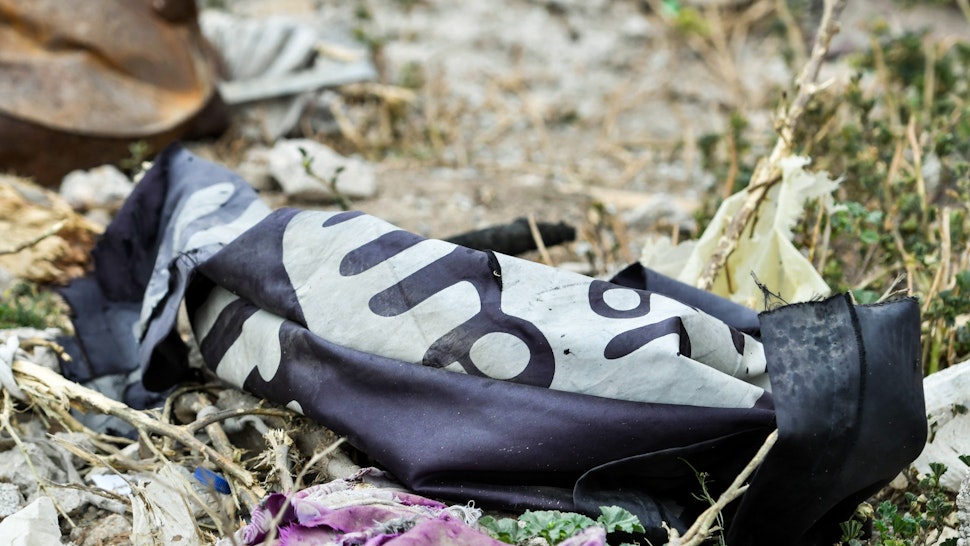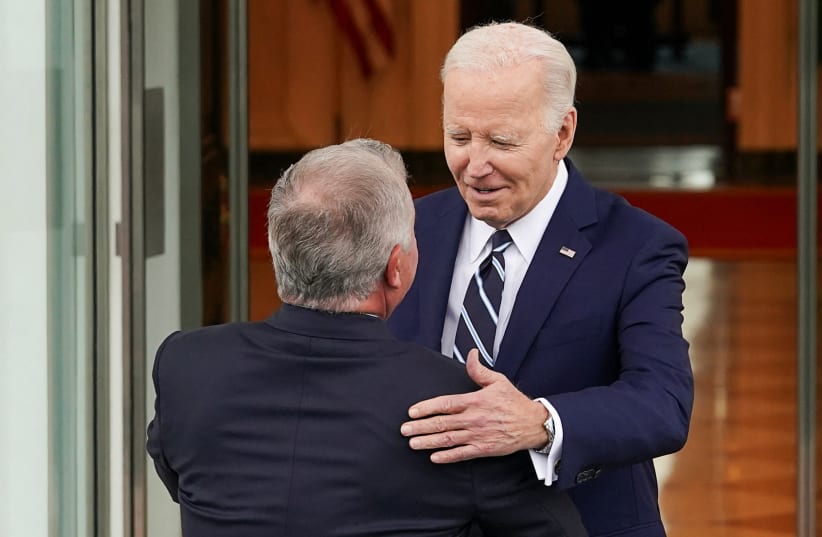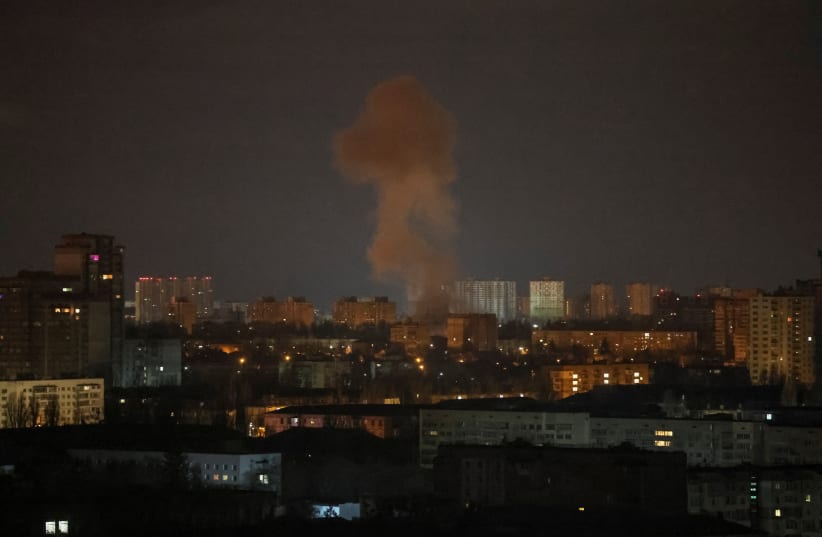” This know also, that in the last daysperilous 5467: chalepos, khal-ep-os´; perhaps from 5465 through the idea of reducing the strength; difficult, i.e. dangerous, or (by implication) furious: — fierce, perilous.]=times shall come." — 2Timothy 3:1
”For we wrestle not against flesh and blood, but againstprincipalities 746: arche, ar-khay´; from 756; (properly abstract) a commencement, or (concretely) chief (in various applications of order, time, place, or rank): — beginning, corner, (at the, the) first (estate), magistrate, power, principality, principle, rule., againstpowers 1849: exousia, ex-oo-see´-ah; from 1832 (in the sense of ability); privilege, i.e. (subjectively) force, capacity, competency, freedom, or (objectively) mastery (concretely, magistrate, superhuman, potentate, token of control), delegated influence: — authority, jurisdiction, liberty, power, right, strength, against therulers 2888: kosmokrator, kos-mok-fat´-ore; from 2889 and 2902; a world-ruler, an epithet of Satan: — ruler.of thedarkness 4655: skotos, skot´-os; from the base of 4639; shadiness, i.e. obscurity (literally or figuratively): — darkness.of thisworld 165: aion, ahee-ohn´; from the same as 104; properly, an age; by extension, perpetuity (also past); by implication, the world; specially (Jewish) a Messianic period (present or future): — age, course, eternal, (for) ever(-more), (n-)ever, (beginning of the , while the) world (began, without end). Compare 5550., againstspiritual 4152: pneumatikos, pnyoo-mat-ik-os´; from 4151; non-carnal, i.e. (humanly) ethereal (as opposed to gross), or (daemoniacally) a spirit (concretely), or (divinely) supernatural, regenerate, religious: — spiritual. Compare 5591.wickedness 4189: poneria, pon-ay-ree´-ah; from 4190; depravity, i.e. (specially), malice; plural (concretely) plots, sins: — iniquity, wickedness.inhigh 2032: epouranios, ep-oo-ran´-ee-os; from 1909 and 3772; above the sky: — celestial, (in) heaven(-ly), high.places." — Ephesians 6:12
 Editors note about the word, “perilous”:
Editors note about the word, “perilous”:
The Greek word (chalepos) (perilous) is only used one other time in the New Testament, Matthew 8:28. There it is translated as (fierce) when describing the nature of the devils that possess Legion and his cohort.
Article Source: The Daily Wire
The Islamic State may already have a new leader, Newsweek reports, less than a day after the head of the group, Abu Bakr al-Baghdadi, was killed by United States Special Forces at a compound in Syria, but the group itself may be crumbling, in part due to lack of agreement on direction.
According to Newsweek’s source — “one regional intelligence official asking not to be identified by name or nation” — Abdullah Qardash, the group’s director of “Muslim affairs” will take al-Baghdadi’s place as the leader and figurehead of the Islamic State and the so-called “Caliphate.”
ISIS’s public relations arm released the news last night in a statement that also served as a tacit admission that their leader, al-Baghdadi, had indeed been killed in a raid on his temporary safe house near Barisha. The group also admitted that its lead spokesperson, Abu al-Hassan al-Muhajir, was also dead.
Supposedly “little is known” abot Qardash (including how, precisely, to spell his name), other than that Qardash is a “former Iraqi military officer who once served under late leader Saddam Hussein” and was handpicked by al-Baghdadi as his own successor, after appointing him to the role of ISIS’s “outreach director” to the Muslim world.
But Newsweek’s report also indicates that ISIS may be on its last legs, in part because of defeats suffered at the hands of American and allied forces in Iraq and Syria, and also because of internal disagreement. Although Qardash was al-Baghdadi’s choice to run the terror network if al-Baghdadi was killed, his elevation to a key role within the ISIS heirarchy was never officially approved by the group as a whole, and his leadership will likely be in question.
Newsweek, of course, like many other media outlets, also downplayed al-Baghdadi’s current role within ISIS, calling him a “symbolic” leader who wasn’t involved in the group’s day-to-day operations, other than to give the occasional “yes” or “no” to a major operation.
That may, however, be a function of ISIS’s demise as a whole. Although President Donald Trump was widely mocked for suggesting that ISIS had been “defeated” in Iraq and Syria, news reports from across the globe seem to pinpoint February of 2019 as ISIS’s last stand.
At the time, CBS News claimed the group had been reduced to controlling little more than a quarter square mile in Syria, and that “hundreds” of ISIS fighters and 1,500 civilian tagalongs (including wives, children, servants, and slaves), had fled the group, indicating that the once-powerful radical Islamic terror organization was in its final days. The group was driven out of Iraq in 2017.
Regardless of importance, however, the U.S. saw al-Baghdadi as a top target in the war on terror, particularly for his involvement in forming and leading ISIS during its rein of terror across the Middle East. Al-Baghdadi presided over more than 2,000 murders, and was known to have a predeliction for beheadings and rapes. Under al-Baghdadi’s leadership, ISIS became a presence in at least 30 countries and terrorized, tortured, and enslaved thousands.
SpirAl-Baghdadi was killed in a raid on his secret location in Syria sometime late Saturday, Washington, D.C., time.




